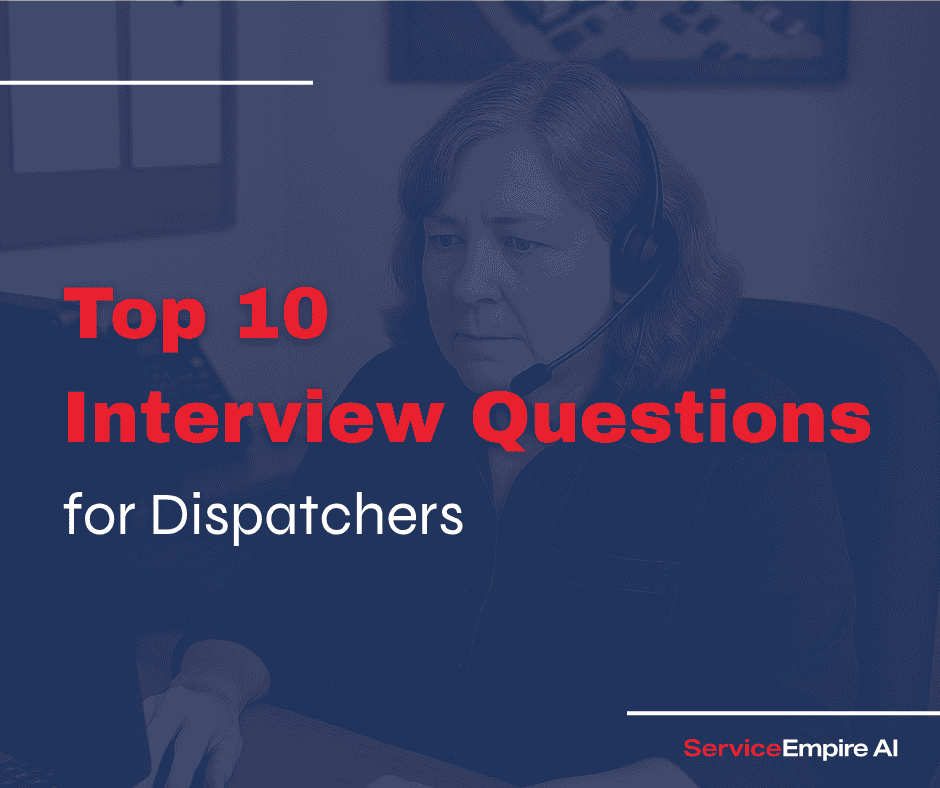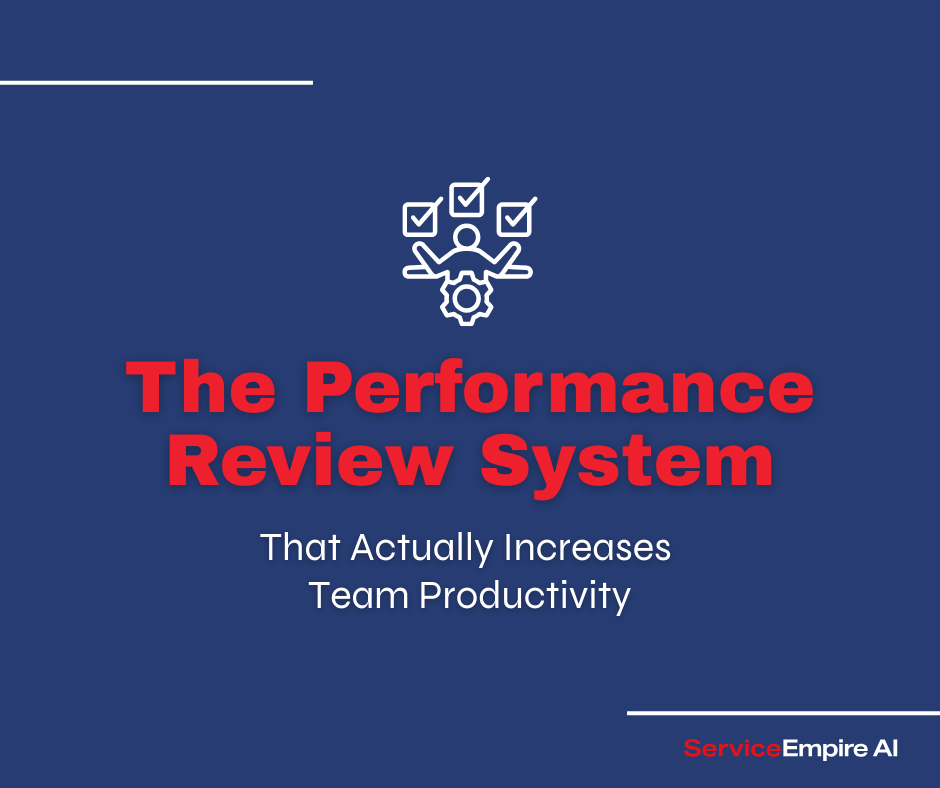
Introduction
Are you looking for a job as a dispatcher? Then you’re in the right place. In this brief article, we’ll look at:
What qualities make a good dispatcher?
People are wired differently. The qualities of a good dispatcher have more to do with how you’re wired than what skills you have.
If you like communicating with others
If you like switching tasks frequently
If you are naturally calm in chaos
If you have empathy for others
If you like to move fast and have a lot of responsibilities
Then you might have the right qualities of a dispatcher. If you're still not sure, take this personality assessment to learn more about yourself and how you're wired. Now, let’s look at the skills needed as a dispatcher.
What are the skills of a dispatcher?
Personality is different than skills. Skills can be learned, stacked, and grown. A dispatcher needs the following skills:
- You need to be organized.
- You need to be able to utilize multiple platforms and job management software.
- You need to be able to problem solve and think critically, on the spot.
- You have to be able to take in multiple requests, from different sources, in a quick and effective fashion. Some call this triaging.
- You need to be quick at processing information and orders.
- You need to be a fast typist.
- You need to know how to handle difficult, and sometimes stressful, situations.
- You need to not only have the wiring and personality that enjoys juggling, but you need to have the skills to be a great juggler.
Essentially, a dispatcher juggles.
Top interview questions for dispatchers
Here are the top 10 interview questions for dispatchers:
- Do you have experience as a dispatcher already? If so, where and what was it like?
- How do you prioritize multiple requests from different sources, via phone, email, and text?
- Tell me about a time you dealt with a difficult customer. What was the situation and how did you resolve it?
- What services, software, or platforms have you used in the past? For how long? (They might also ask if you have experience in billing, like quotes, invoices, following up on payments, handling refunds, or applying discounts. They’re trying to gauge how much you can cover in a dispatcher role and/or help in other areas of the office.)
- How do you communicate effectively with technicians in the field and managers in the office?
- What are the biggest challenges you’ve overcome in a past role? Or, what’s the most stressful situation you’ve dealt with in the workplace? (They might ask something like this to gauge your level of calmness in chaos.)
- What are your top 3 strengths and 1-2 weaknesses or areas you could improve?
- How do you stay organized on a daily basis?
- Let’s play out a hypothetical scenario: you accidentally double-booked a technician. Since the tech can’t be in two places at once, what are your next actions to make things right?
- Let’s play out another hypothetical scenario: a technician gets sick at 10am after 2 service calls. He was supposed to have 6 more service calls the rest of the day. What do you do?
Then, we have an AI resource with more interview questions if you’d like to be even more prepared.
Why do you want to work as a dispatcher?
Let’s be honest, there aren’t many kids in the 2nd grade saying, “When I grow up, I want to be a dispatcher!”
It just doesn’t have the same childhood appeal as an astronaut, firefighter, or pro basketball player.
But here’s the deal, every adult has bills to pay and most adults want to be part of a team that does important work. Being a dispatcher in a field service business is important work.
Without plumbing, HVAC, or electrical, our lives would look quite different. And if you’ve ever been without power, or a pipe bursts, you know how desperate you feel in those situations.
As a dispatcher, you get to come alongside people and coordinate help in their times of need. That is meaningful and significant.
Plus, if you make some friends in the office or with the techs, you can enjoy some good work banter and share some funny stories.
How to prepare for the interview
You can find numerous articles on how to prepare for a job interview. A lot of the articles out there boil down to the same handful of tips.
- Dress appropriately and for the occasion. In this case, you’re likely interviewing with a home services company, like HVAC, electrical, or plumbing, so you’ll want to dress in office professional clothing, but certainly not a suit and tie or a formal dress. For men, a polo or button up, tucked in, with khakis or nice jeans, and boots would probably work well. For women, business slacks and a nice blouse would work, with nice boots or dress shoes. Please, no hoodies, no sweatpants, no sandals, no heels in these types of businesses. Even if the interview is remote, over Zoom, dress nice and make sure you have a clean and quiet background.
- Research the company. Make sure you understand the basics of the company and its products and services. Also, make sure they don't have an employee turnover problem. If you have any connection to the company via friend or acquaintance, that can be a helpful resource to talk to ahead of time as well.
- Re-read the job description. In this case, we’re catering this article to a dispatcher. By now, you should know exactly what that is and what skills the company will be looking for. But spend some time thinking about examples and experiences you can reference in the interview that will showcase the right skills.
- Practice common interview questions. Obviously, practice the ones we listed above. But think through some other questions an interviewer might ask as well.
- Bring good energy and be yourself. There’s not a single company out there saying to themselves, “You know, we really need another complainer on our team!” No matter what your past experiences with other employers have been, don’t bring your baggage. Bring positivity. And simultaneously, be yourself. If you’re a more level-headed and calm person, be you. If you’re an energetic extrovert and come alive chatting with people, be you. Smile when you meet your interviewer. Make a good impression.
And with that, you’re ready to become a dispatcher! Good luck in your interview!






